According to the National Institute of Health, heart palpitations is defined as the feeling of racing and fast heartbeats; your heart starts to beat too fast or too hard, and it’s triggered by the flow of adrenaline, a hormone that your body releases when you feel nervous, anxious or excited. Generally you will notice heart palpitation in your neck, throat and chest. They are not usually harmful thus no cause for alarm since your heart is still pumping blood and it is just experiencing a temporary irregularity in its beats. Research shows that the highest number of heart palpitation is caused by outside triggers and caffeine is one of the common triggers. During pregnancy, palpitations also occur.
Caffeine and Heart Palpitation
Research done by the American Heart Association says that heart palpitation is caused partly by caffeine since it stimulates your central nervous system though the majority of the people can tolerate a reasonable amount of caffeine that is about 200 to 300 milligrams without any uncomfortable side effects more of this can stimulate a reaction. Caffeine is normally found in coffee but also, it is in black, white and green tea as well as chocolate and soft drinks. Sometimes you may be sensitive to caffeine which may heighten the body reaction thus triggering heart palpitation although your heart contains an impulsive rhythm, nervous impulse that can alter that rhythm
A study was done by Dr. Gregory Marcus, who is a director of clinical research at the University of California, Francisco reveals that discouraging the consumption of caffeinated products such as tea, coffee and chocolate is not a solution to the prevention of heart palpitation since these products contain cardiovascular benefits. However, he recommends that people should be advised against the regular consumption of caffeinated products so as to avoid disturbance of the heart cardiac rhythm and experience joint pain relief. Too much consumption of caffeine leads to premature ventricular contractions.
Symptoms
Heart palpitations can occur in more other ways than a racing or rapid heart rate. According to the research done by the National Institute of Health a person may experience a pounding, forceful rhythm or what feels like a skipped heartbeat and at times it may even feel like a simple fluttering in your chest. Most of the people who experience palpitations may not show any symptom apart from the abnormal heart rhythm. However, palpitations can be related to other things such as shortness of breath, dizziness or light-headedness, and tightness in the chest. Also, pain the arms lasting the whole night is another symptom of heart palpitation. Depending on the type of rhythm problem, the symptoms may just be more prolonged or momentary.
Causes of Heart Palpitations
Many pieces of researches done consider too much consumption of caffeine as the cause of heart palpitation but consuming less caffeinated products is good health news since it does not lead to heart palpitation. Also, there are other numerous causes of heart palpitation ranging from heart diseases to medication to stress, Heart palpitation develops because of the following common reasons: anemia, exercise, anxiety, fever, stress, fear, Perimenopause, Low levels of oxygen in your blood, and Mitral valve prolapse.
Diagnosis of Heart Palpitations
The first initial step in the diagnosis of heart palpitation is through one’s description of the palpitations that is the approximate age of the person when first noticed palpitation and the circumstances under which it occurs are crucial, also information about tea, coffee, and caffeine intake. It is also important to know how it started and stopped and approximately how slow or fast the pulse rate was during an attack. Also, testing of thyroid gland functions though blood test is also important baseline investigations
The other way of diagnostic testing is usually 24-hour monitoring using a form of tape recorder called a Holter monitor, which can be used to record the ECG constantly during a 24-hour period. If these symptoms occur during 24-hour monitoring, it is easier to see what the cardiac rhythm was at the time. Also, the External Extended Loop Recorder (ELR) is another small device firmly attached to skin over the abdomen or chest and can stay there for a long period and during this period the person may bathe and wash and without any disturbance in recording, the machine will then send alerts to your doctor during this recording period.
Conclusion
Most palpitations need no treatment, but there are some things you can do on your own. To manage heart palpitation, you need to avoid stimulants, such as caffeine, alcohol, diet pills and stress In most cases, caffeine is the common substance that is associated with palpitations, and other lifestyle adjustments that are of great importance include controlling blood pressure, exercise, managing stress levels and keeping normal cholesterol levels.
References
https://www.consumerhealthdigest.com/general-health/health-hazards-of-caffeine.html
https://www.glozine.com/lifestyle/health

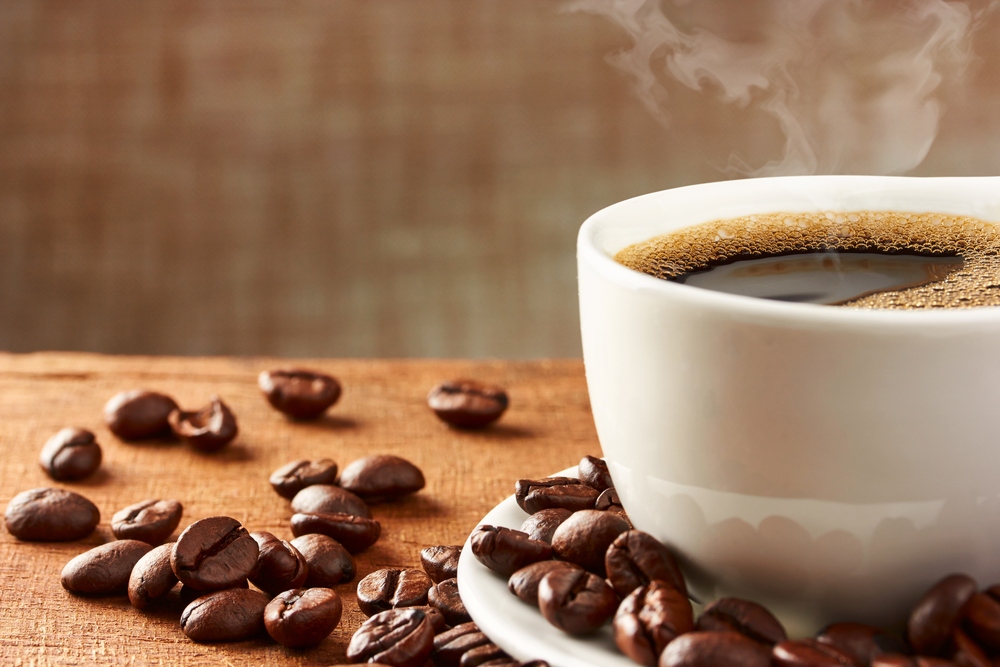

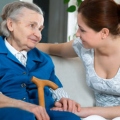
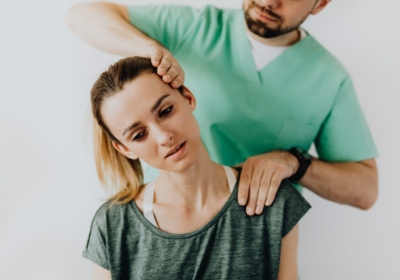
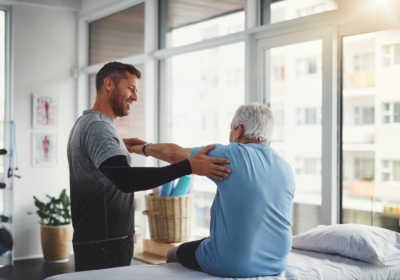
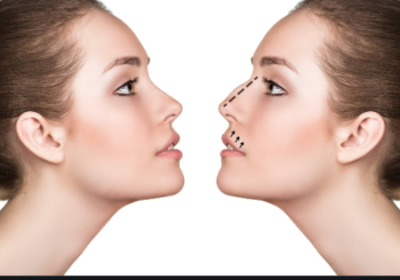
Recent Comments